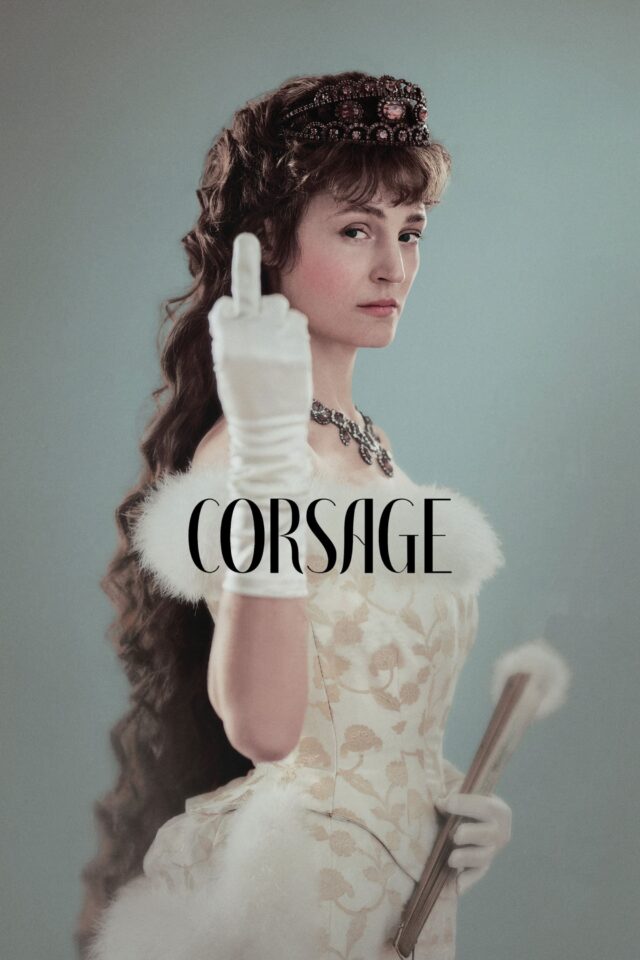What it’s about
It’s 1877, and Elisabeth (Krieps), Empress of Austria and Hungary, is turning 40. It’s a somewhat ominous milestone for a monarch celebrated for her style and beauty. Both private and exacting, Elisabeth (who’s known as “Sissi”) spends most of her days adhering to rigid routines designed to prolong her youthfulness, like holding her breath under water. She eats little and has her corsets tied extremely tight. Stuck in a formal, strained marriage to Emperor Franz (Teichtmester), this rarefied, exquisite Empress quietly chafes against her gilded cage.
Why we love it
Writer/director Kreutzer spins a fictionalized account of Elisabeth’s life from a modern, feminist perspective. Far from the sunny, idealized “Sissi” introduced on film by Romy Schneider in 1958, Krieps’ Elisabeth is a complex, conflicted character who expects the luxury and obedience long accorded her, while quietly suffocating from the strictures and isolation that go with it. The luminous Krieps is a wonder, evoking a smart, cultivated woman forced (as her husband puts it) merely “to represent”, while he rules. Beautifully shot by Judith Kaufmann, the film’s exacting period detail sometimes clashes with the inclusion of late twentieth-century music, but it hardly matters. This royal drama lives up to its lofty pedigree.
